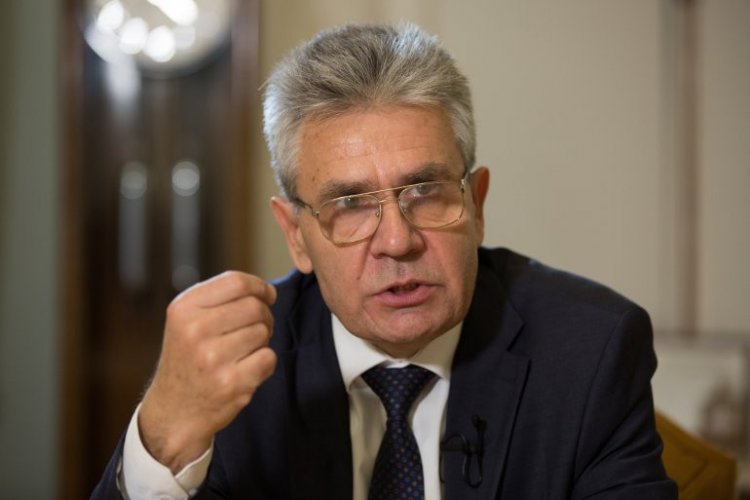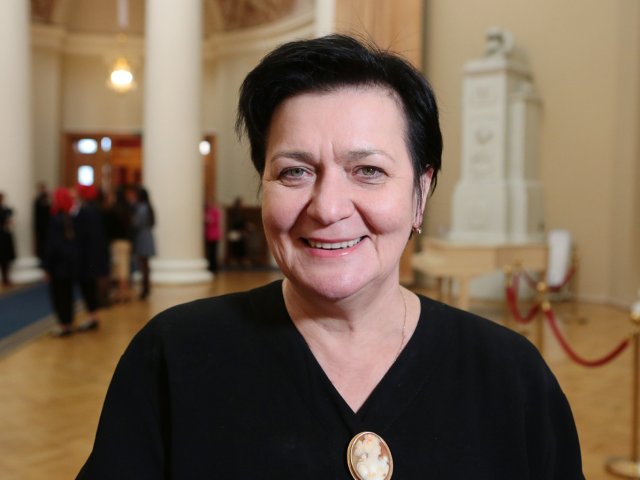On June 1, on the TV channel Rossiya 24, Aleksandr Sergeev, President of the Russian Academy of Sciences, spoke of the importance of preservation and further development of cooperation between Russia and the US despite the complications in the relationship between Moscow and Washington.
“Modern science is science that works internationally. Interaction is necessary for productive scientific research. This is the system we are used to. We have a lot of interaction with foreign scientists both in Europe and in the United States. I have to say that the last year showed clearly that it was the openness and such interactions in the science sector that enabled many countries to make great progress,” Aleksandr Sergeev pointed out.
According to Mr. Sergeev, there is well established cooperation between scientists of those countries: they cooperate in virology and space science, and last year the Russian Academy of Sciences signed a special agreement on research information exchange with the National Academy of Sciences of the United States.
“Now, despite the geopolitical tensions, as Bill Nelson, the new NASA Administrator also said a few days ago, Russia and the US should continue cooperation in the space sector, i.e. here, in the near space, in orbit, and in exploration of the Moon and Venus. Cooperation with the United States in space guarantees to some degree that we will ensure that cooperation between our countries on Planet Earth will develop in a positive way,” RAS President said.
More details in the video
The speaker also commented on the new US bill concerning cooperation in science.
"While talking of the need to preserve and develop scientific cooperation between scientists of Russia and the United States, we must not ignore some worrying signals we are receiving from the United States,” Aleksandr Sergeev emphasized.
He believes that it is important to discuss the document now, in the run-up to the summit meeting between the heads of state of Russia and the US.
“We are concerned about some sections in this bill, which obviously discriminate against cooperation between American scientists and their colleagues from several countries, primarily China and Russia. According to the bill, American scientists who cooperate with Russian scientists and have resources allocated to such cooperation from the budgets of Russia and the US, will, essentially, lose the US funding. This is a devastating blow. Who would like to lose funding in the US by keeping cooperation with Russian scientists? This effectively blocks such cooperation,” Aleksandr Sergeev said.
More details in the video






















